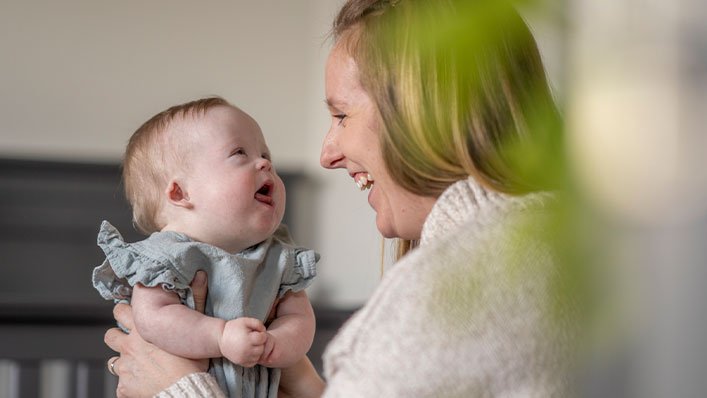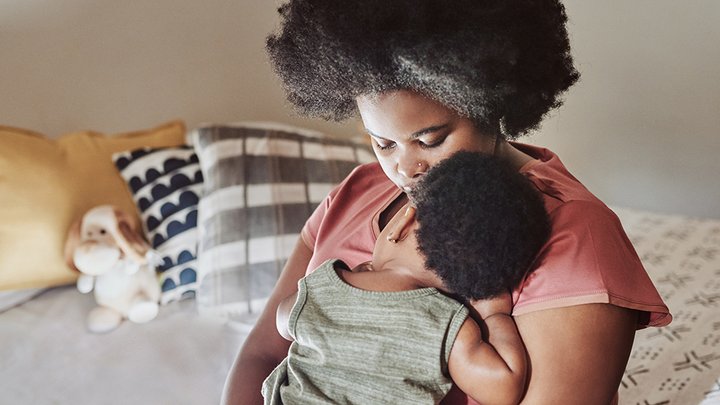Baby myths and facts
New parents get lots of information, through their family, friends and social media. It can be tough to know what's best to do for your baby.
We've taken some common baby myths and given you the facts around them.
Myth 1: Too many cuddles will make your baby more ‘clingy’
Fact
You can't 'spoil' a baby with too many cuddles and it does not make them more clingy.
Research shows that the more you cuddle, look at and play with your baby, the more secure they’ll feel, and the more independent they’ll become.
This is because they will feel confident that you will be there for them if they need you, so they do not feel the need to hold on tightly to you.
Responding to your baby is like a game of tennis where they serve and you return. This helps them grow and develop. You can read more about this at the Harvard Centre on the Developing Child: Serve and return.
Myth 2: Leave a baby to cry and they’ll soothe themselves
Fact
Babies need parents and carers to respond to their cries.
Although a baby that’s left to ‘cry it out’ may stop crying, some research suggests that they may still feel distressed when parents and carers do not respond to their cries.
Babies cry for different lengths of time and at different times, so try not to compare your baby to others.
When you're dealing with a lot of tears, remember it's hard on you too. Try to take time for a quiet moment to relax.
Myth 3: Babies sleep through the night
Fact
Babies have different sleep cycles to adults and waking up during the night is normal.
Some babies will sleep for a long time, others in short bursts.
Responding to their waking with warmth and love is a great way to nurture your bond and their development.
For more information on baby sleep, have a look at our newborn and baby sleeping advice for parents.
If you feel more support would be helpful, remember that you can talk to your health visitor.
Myth 4: You should make sad feelings go away
Fact
It's OK for your baby to express sadness, discomfort and pain, as well as happiness and excitement.
Babies need you to help them learn about themselves and the world around them.
It's important to respond to their cries, as well as their smiles, with love and reassurance.
This shows them that it's OK to express those emotions.


